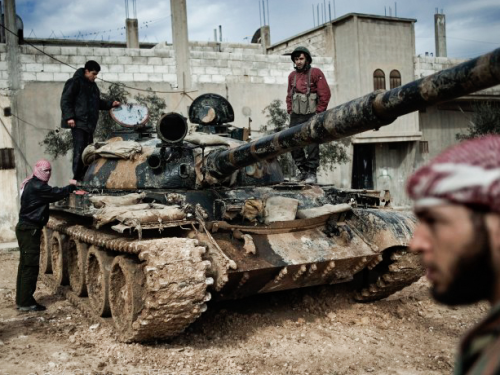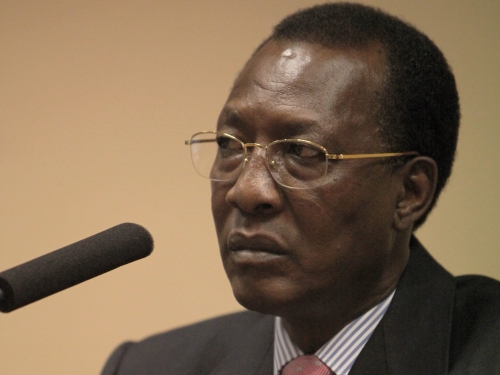
Since the start of the Iraq war, the Middle East has been descending into deeper levels of violence. Currently, most of the countries in the region are either suffering from internal conflicts or being affected by other conflicts. And much of the violence in the region is centred in the two least peaceful countries in this year’s Global Peace Index: Syria and Iraq.
The Global Peace Index, produced by the Institute for Economics and Peace, measures peace in 162 countries according to 23 indicators of the absence of violence or the fear of violence. This year’s GPI discusses the ongoing conflicts in the six Middle Eastern and North African countries most affected by conflict. Syria, Iraq, Yemen, Libya, Israel and Lebanon had the highest number of conflict-related civilian and battle fatalities in the region in 2014, and in many cases, that number has been sharply on the rise.
These conflicts have global significance for a variety of reasons, not least because of their fluid nature and increasing intensity. While there is a lot of uncertainty about how events may unfold, what is clear is that the dynamics underlying these conflicts are complex. The fact that each conflict includes numerous state and non-state participants with different tactical and strategic interests only makes the path to peace less clear. The report highlights some of the more important drivers of violence and sets out some of the opportunities for building peace. It includes a detailed discussion of conflict in each country and addresses the following key themes:



